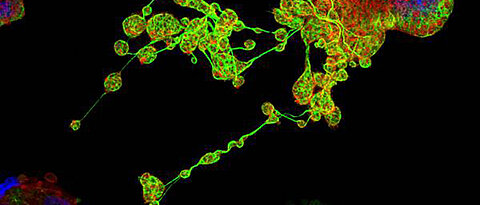
An international team of scientists was able to demonstrate in mouse and patient studies, how magnesium affects the production of blood platelets and that the TRPM7 channel function plays a key role in this process.
more
An international team of scientists was able to demonstrate in mouse and patient studies, how magnesium affects the production of blood platelets and that the TRPM7 channel function plays a key role in this process.
more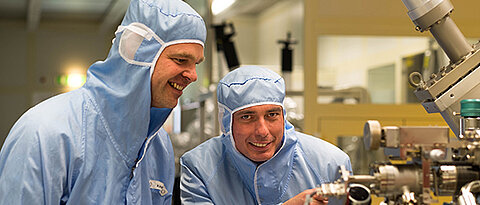
Laser to replace breathalyser – this principle could be the future of traffic controls: Physicists of the University of Würzburg have developed a laser that can be used to measure alcohol in the driver's cab. But the new laser can do much more.
more![[Translate to Englisch:] Gemeinsam für Inklusion und Barrierefreiheit: Professor Reinhard Lelgemann, Irmgard Badura, Uni-Präsident Alfred Forchel und Sandra Mölter (v.l.). Together for inclusion and accessibility: Professor Reinhard Lelgemann, Irmgard Badura, university president Alfred Forchel and Sandra Mölter (from left).](/fileadmin/_processed_/f/d/csm_0327IMG_1641_STARTSEITE_5cb1726c6a.jpg)
The disability commissioner of the Bavarian State Government, Irmgard Badura, handed the "Bayern barrierefrei" label to the University of Würzburg. It was presented in the name of Bavarian State Minister for Labour and Social Affairs, Emilia Müller, in recognition of the university's efforts in the field of inclusion and accessibility.
more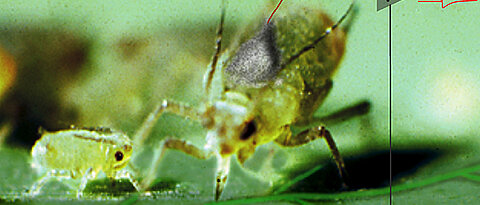
Do plants have some kind of nervous system? This is difficult to establish as there are no suitable measurement methods around. Plant researchers from Würzburg used aphids for this purpose – and discovered that plants respond differently to different kinds of damage.
more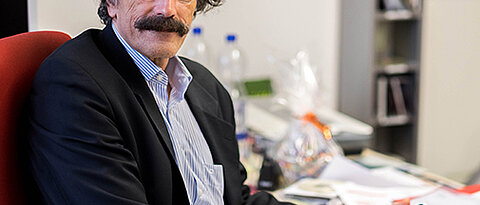
The new ClassPad Mathe calculator brings state-of-the-art technology to classrooms. Professor Hans-Georg Weigand from the University of Würzburg develops and evaluates such calculators in collaboration with Casio Europe GmbH.
more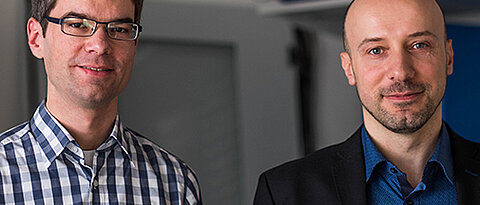
With the Google Research Award, Professor Samuel Kounev and his team of scientists have won a prestigious award that comes with a high prize money. Their project on more efficient server utilisation was chosen out of 800 other applicants from 48 countries.
more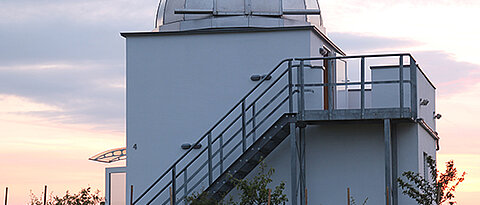
Pupils, teachers, students and scientists observe the cosmos together at the Hans Haffner Observatory in Hettstadt near Würzburg. The school and university observatory is set to be extended in spring 2016.
more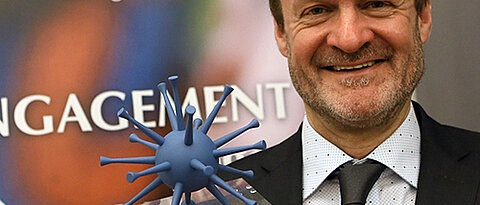
Tapeworm expert, Professor Klaus Brehm and his team from the University of Würzburg, have won the EUR 5,000 Memento Research Award in honour of their fight against neglected diseases.
more
How do people cope with losing a beloved one? Psychologists from the University of Würzburg have investigated this question in a new study including more than 500 participants. Their results correct some common misconceptions about grieving.
more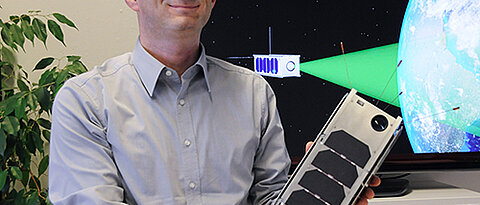
The University of Würzburg has two new space projects in the pipeline which are concerned with the observation of planets and autonomous fault correction aboard satellites. The German Federal Ministry of Economic Affairs and Energy funds the projects with around 1.6 million euros.
more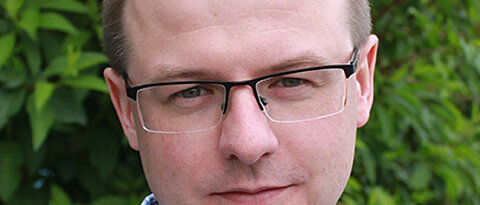
A European Research Council grant worth around 1.5 million Euros has been awarded to Dr. Grzegorz Sumara, a biologist from Würzburg (Germany). It supports his outstanding research proposal about the widespread disease obesity.
more![[Translate to Englisch:] Von links oben im Uhrzeigersinn: Christian Schneider, Viktoria Däschlein-Geßner, Grzegorz Sumara, Barbara Händel (Foto: Uni Würzburg). Christian Schneider, Viktoria Däschlein-Geßner, Grzegorz Sumara, Barbara Händel](/fileadmin/_processed_/c/0/csm_erc-starters-2015_9db0971fc6.jpg)
Four scientists from the University of Würzburg are receiving "Starting Grants" from the European Research Council (ERC). The ERC awards the grant to excellent up-and-coming researchers. The scientists each receive 1.5 million euros for their work.
more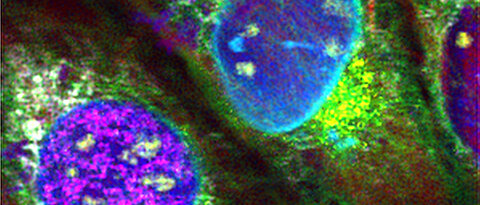
Advance in biomedical imaging: The University of Würzburg's Biocenter has enhanced fluorescence microscopy to label and visualise up to nine different cell structures simultaneously.
more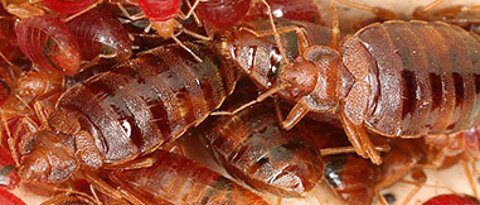
An international team of scientists has managed to sequence the genome of the bedbug. Among them are neurogeneticists from the University of Würzburg's Biocenter. They studied genes that control the circadian clock, secretion and moulting processes.
more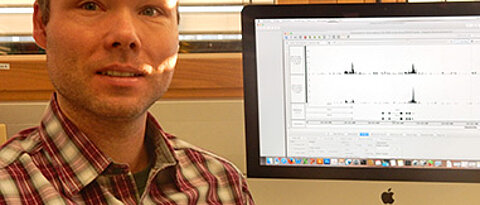
Molecular biologist Elmar Wolf is interested in proteins which are responsible for the uncontrolled growth of many tumour types. Now the German Research Foundation (Deutsche Forschungsgemeinschaft - DFG) has approved a new Emmy Noether Junior Research Group.
more